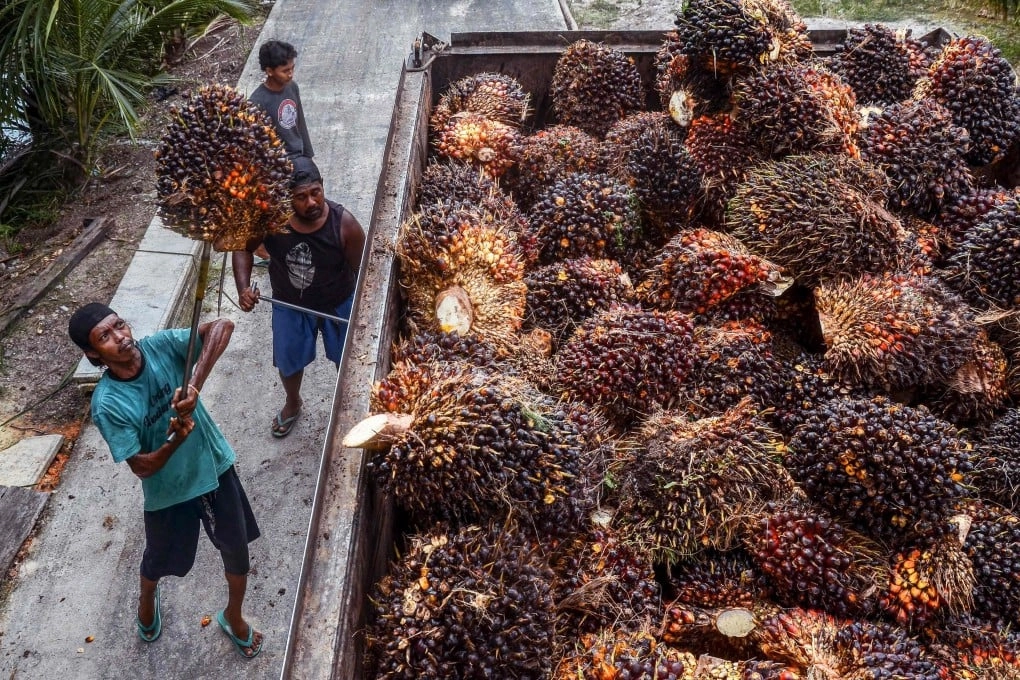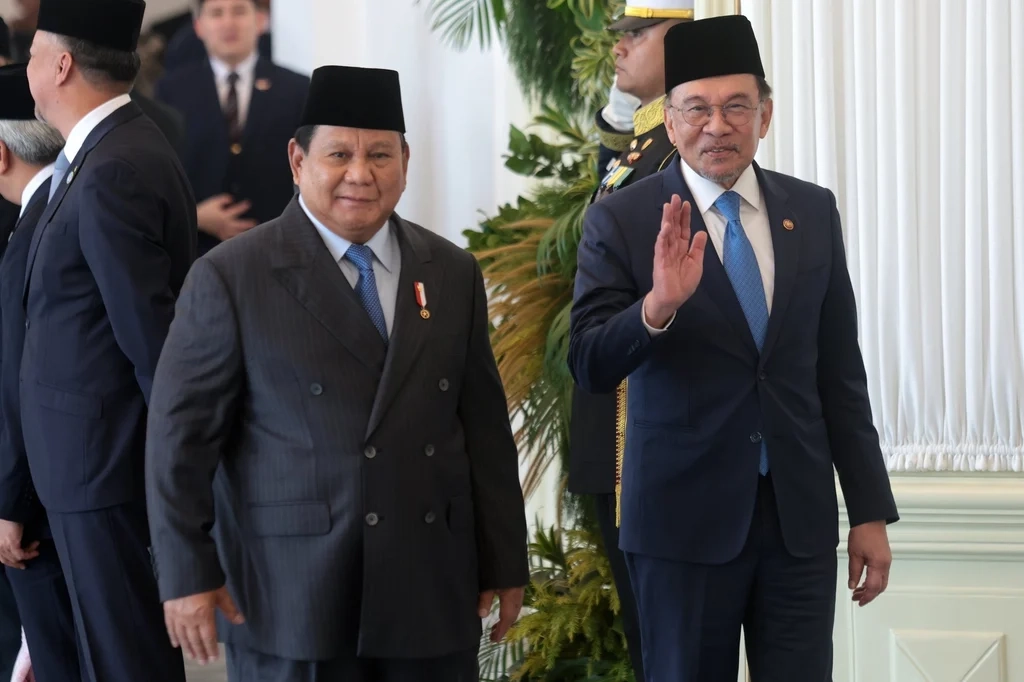 Published: 10:26pm, 29 Jul 2025 Updated: 10:52pm, 29 Jul 2025 Indonesia and Malaysia have agreed to work together to counter negative campaigns against their vital palm oil exports and bolster protection for migrant labour, as the Southeast Asian neighbours brace themselves for slowing growth under looming US tariffs. Southeast Asia s export-reliant economies have launched multipronged attempts at boosting trade with existing and new partners, as they scramble to secure trade deals with Washington in a bid to soften the blow from punishing tariffs scheduled to kick in on August 1.
Published: 10:26pm, 29 Jul 2025 Updated: 10:52pm, 29 Jul 2025 Indonesia and Malaysia have agreed to work together to counter negative campaigns against their vital palm oil exports and bolster protection for migrant labour, as the Southeast Asian neighbours brace themselves for slowing growth under looming US tariffs. Southeast Asia s export-reliant economies have launched multipronged attempts at boosting trade with existing and new partners, as they scramble to secure trade deals with Washington in a bid to soften the blow from punishing tariffs scheduled to kick in on August 1. Indonesia and Malaysia are the worlds two largest producers of palm oil, accounting for about 85 per cent of global supply for the ubiquitous ingredient used in everything from chocolate spreads to cosmetics and pharmaceuticals.
But demand has largely been limited to traditional markets like India and China, as environmental lobbyists particularly in the West accuse palm oil plantations of driving deforestation and biodiversity loss.
 Malaysias Prime Minister Anwar Ibrahim (right) with Indonesian President Prabowo Subianto at the Presidential Palace in Jakarta on Monday. Photo: EPA Both countries agreed to continue to collaborate on promoting sustainable palm oil and counter negative campaigns against palm oil, Indonesias President Prabowo Subianto and Malaysias Prime Minister Anwar Ibrahim said in a joint statement on Tuesday after their annual bilateral consultation in Jakarta.
Malaysias Prime Minister Anwar Ibrahim (right) with Indonesian President Prabowo Subianto at the Presidential Palace in Jakarta on Monday. Photo: EPA Both countries agreed to continue to collaborate on promoting sustainable palm oil and counter negative campaigns against palm oil, Indonesias President Prabowo Subianto and Malaysias Prime Minister Anwar Ibrahim said in a joint statement on Tuesday after their annual bilateral consultation in Jakarta.



